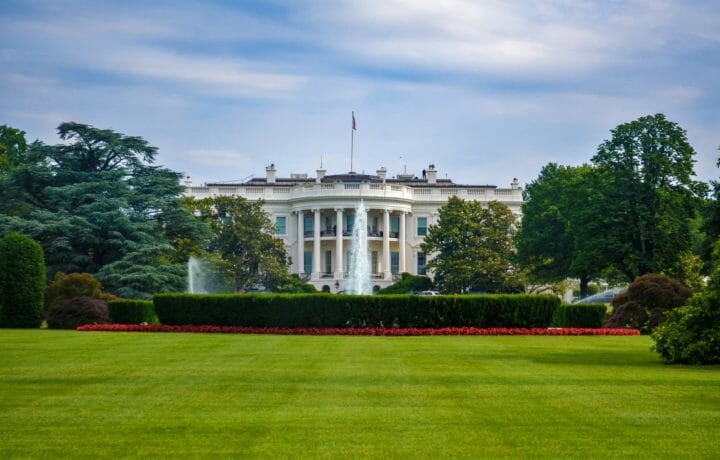One of the issues military spouses that hold professional licenses face is that when their family is PCS’d to a new location, they have to go through the process each time to get licensed in their new state. In many cases, this happens about every three years.
Impact of Law Change for Military Spouses
President Biden signed this groundbreaking, and much needed, legislation late Thursday (January 5) that will change the existing rules. Under the Military Spouse Licensing Relief Act, license application reciprocity among all 50 states would apply to all the licensed professions, except the practice of law. This could be a boon for the 132,000 active duty spouses in fields who require licensing.
Not only is it expensive every time a spouse has to change licenses, but it is time-consuming. It means they can’t start a new job until they are licensed in the state where they currently reside.
Representative Mike Garcia (R-CA) introduced the bill in the House that will be a first step to correct this injustice, but unfortunately, not a binding step. In the end, states still have to be willing to accept the license from another state. Realistically, some will and some will not. But for the ones that do honor reciprocity, it will ease the burden for those military spouses. The ultimate solution would be to have a federally issued license that states would have to honor, but that step is still light years away – if it ever happens. But in the interim, for some licensed professions, interstate compacts have been established whereby states that join a specific compact have agreed to accept the professional license for a specific occupation of another state in that compact.
Reasons for Reciprocity
And why shouldn’t there be reciprocity. After all, a job requiring a professional license is basically done the same way regardless of the state of residency. Granted, a licensed professional has to know the intricacies of their profession in the state where they are working, but for the most part, the job should be done the same way. It’s not like there is a college degree or training for a specific career tailored to each state. A surgeon, for example, is going to do a specific procedure the same way regardless of the state they are working in.
The requirements of the legislation states that it applies to professionally licensed military spouses that relocate to another jurisdiction because of military orders that make the relocation necessary. Furthermore, their existing license must be in good standing in the issuing state and it must have been actively used within the last two years. For spouses meeting these requirements, state authorities must accept the individual’s application for a new license in the same discipline at a similar scope of practice for the duration of the military orders.
To submit an application, a military spouse must provide:
- A copy of the military orders
- Provide proof of good standing with the previous state’s licensing authority
- Abide by rules of the new issuing authority
This first step cuts through some of the unnecessary red tape that military spouses have endured for years. It is stressful enough packing up a family, putting one’s career on hold and moving hundreds, if not thousands of miles, and then setting up a household in the new location. No need to endure the time and expense it takes to get licensed to do the same job at a new location.




